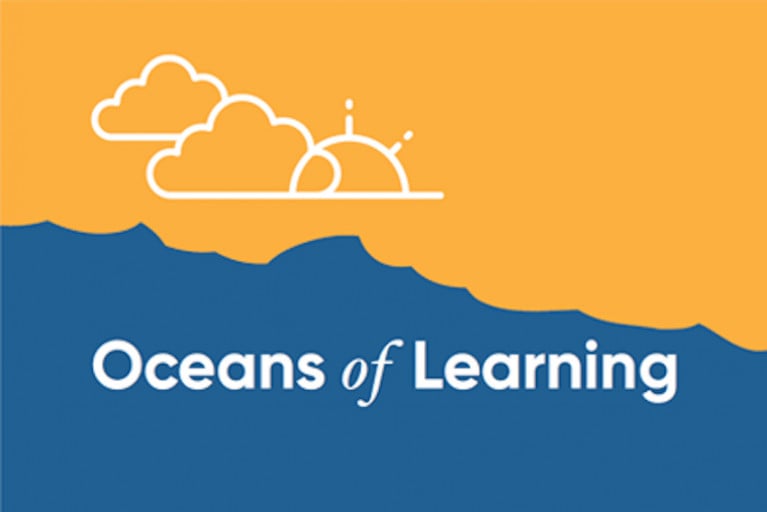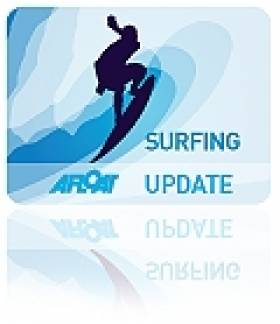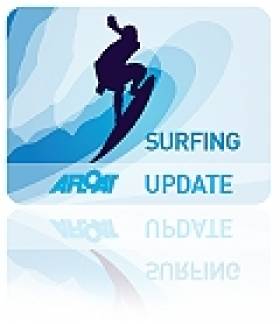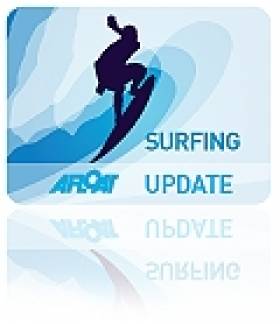Displaying items by tag: learning
Dive Deep Into ‘Oceans Of Learning’ Online Resources
Dive deep into the oceans of learning resources available on the Marine Institute’s website via the Oceans of Learning series, which offers downloadable resources, videos and interactive activities exploring our marine resource and marine scientists’ vital work.
As the institute’s new chief executive insists on Tom MacSweeney’s latest podcast, it is essential to have good public understanding of the importance of the sea.
That’s never been easier today, as students of all ages can go online and discover, for instance, the importance of Ireland’s marine research vessels — the RV Celtic Explorer and RV Celtic Voyager — and jump on board the former for a 3D virtual tour.
Elsewhere, you can navigate a range of marine topics through the awareness campaign Exploring Our Marine, and learn about weather buoys, phytoplankton, deep-sea species and Ireland’s ocean economy.
And discover more about our oceans through a colourful series of marine facts, on everything from shipping and seafood to sharks and shipwrecks.
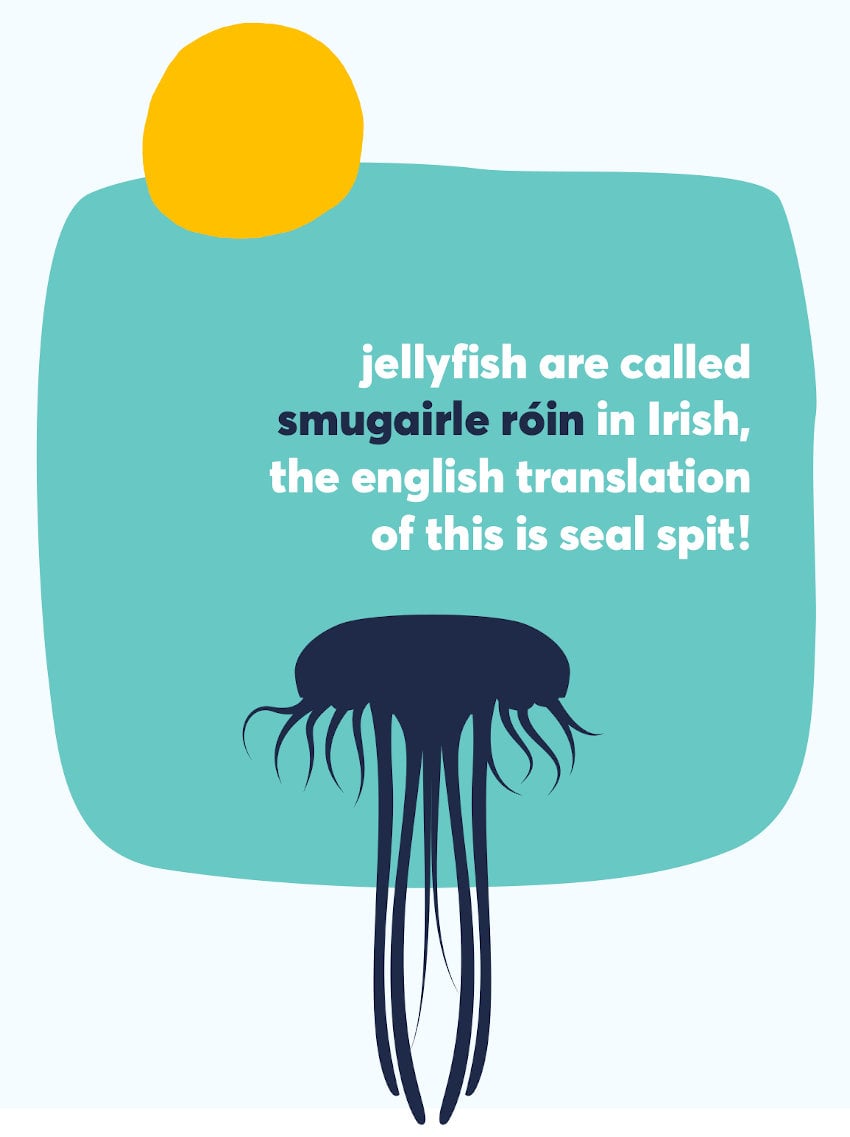
The Marine Institute’s Explorers Education Programme also offers lesson plans about the ocean for teachers, parents and primary school children to use while schooling from home.
Other educational initiatives supported by the Marine Institute include the documentary series Ireland’s Deep Atlantic.
The well-received series features in online classroom resources for Junior Cycle students and explores sustainable development, impact on the environment, the Real Map of Ireland and the importance of our ocean territory. Lesson plans and video clips from the documentary are available from the RTÉ Learn website.
Other online learning programmes recently highlighted on Afloat.ie include the Irish Whale and Dolphin Group’s Flukey Friday, and the Irish National Sailing & Powerboat School’s Sailing School from Home.
Surfing Novices Welcome in the Sunny Algarve
#SURFING - Rachel Collins writes in The Irish Times recently of her experiences learning to surf in Portugal's sunny Algarve.
"Thousands of hardy souls follow the waves around the Irish coastline," she writes, "but for rookies sacrificing themselves to the sea, the warmth of the Algarve makes it the perfect place to learn."
The "friendly, welcoming atmosphere" at Lagos, near Faro - with direct daily flights from Dublin - will surely put any surfing beginner at ease, as well as making for "a welcome break from the cold Irish winter".
And with plenty of other activities on offer, from the nightlife, shopping, fine dining and relaxing sandy beaches to kitesurfing, wakeboarding, mountain biking and rock climbing, there's something for all interests.
The Irish Times has more on the story HERE.
Wheelchair User Learns to Kitesurf
#KITESURFING - A wheelchair user from Northern Ireland is defying what's generally expected of people with disabilities by learning how to kitesurf.
As Australian surfing website Seabreeze reports, Jason McGrugan has been attempting to teach his friend Jen how to kiteboard over the past few weeks, and has been posting videos of their progress online.
So far Jen has learned to fly the kite on the beach, set it up on her own and body drag upwind.
The next step will be riding on the board, which will require a custom seat and board that the duo is currently designing.
Once that's accomplished, it's hoped that Jen will be up and riding the waves in the first half of the new year.
Check out the first in Jason and Jen's video series below:
Children's Surfing App Makes a Splash Overseas
#SURFING - A Dubliner's iPhone app created to teach children about the ocean is making waves on both sides of the pond.
As Silicon Republic reports, the interactive app is the brainchild of surfing fan Shane Janssens, based on the Walter The Wandering Wave character he created to educate children about waves and their origins.
Devised after his move to Canada, Walter first appeared in a children's book developed by Janssens for his own business Belly of Fire Publishing before making the leap to the mobile realm.
"My idea was if waves could talk what amazing adventures they would share with us and what great friends they would meet along the way," he says.
Silicon Republic has more on the story HERE.
Surfing's for All The Family in Fuerteventura
Surfing isn't just for extremists - it can be a fun activity for the whole family, and you can even build a holiday around it!
Gary Quinn writes in The Irish Times about family surfing lessons in the Fuerteventura, where there's been an explosion in surf schools and holiday operators in recent years. As such, there's something available for all levels.
And with the Canary Islands already a popular sun-drenched holiday destination, even complete beginners won't feel they're getting in over their heads.
"Surfing is a lifestyle," writes Quinn. "The families and groups around me are absorbed by it. Their clothes, food, internal clocks. Everything swings with the tides and everyone is relaxed."
There's also a handy checklist for families to make sure everyone gets the most out of the experience.
The Irish Times has more on the story HERE.


























